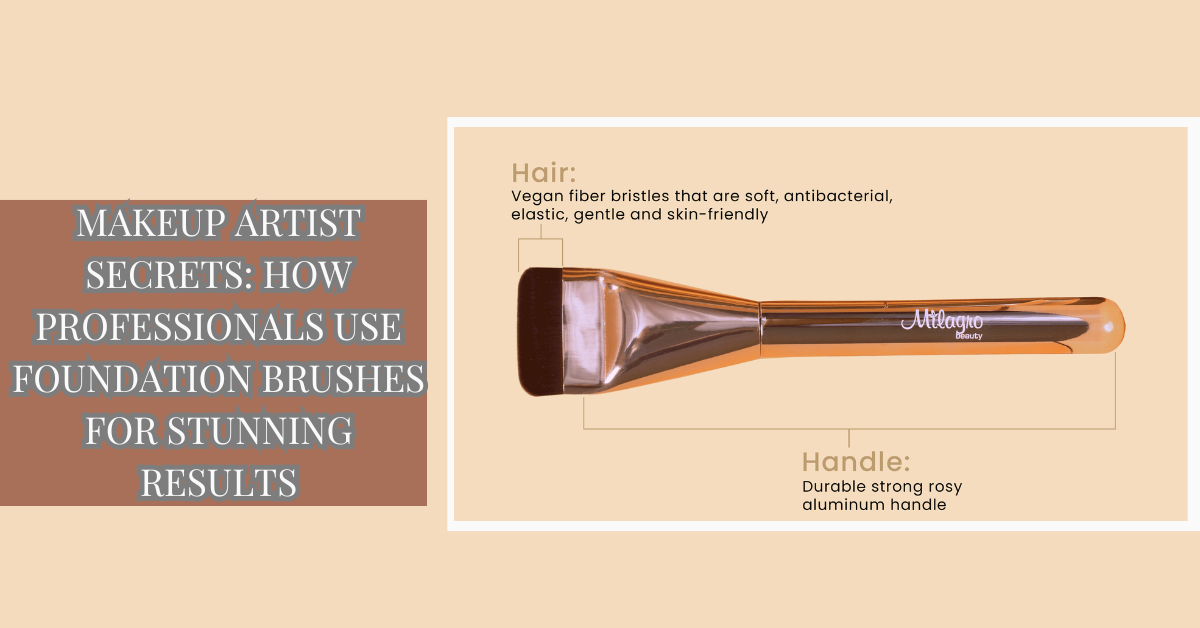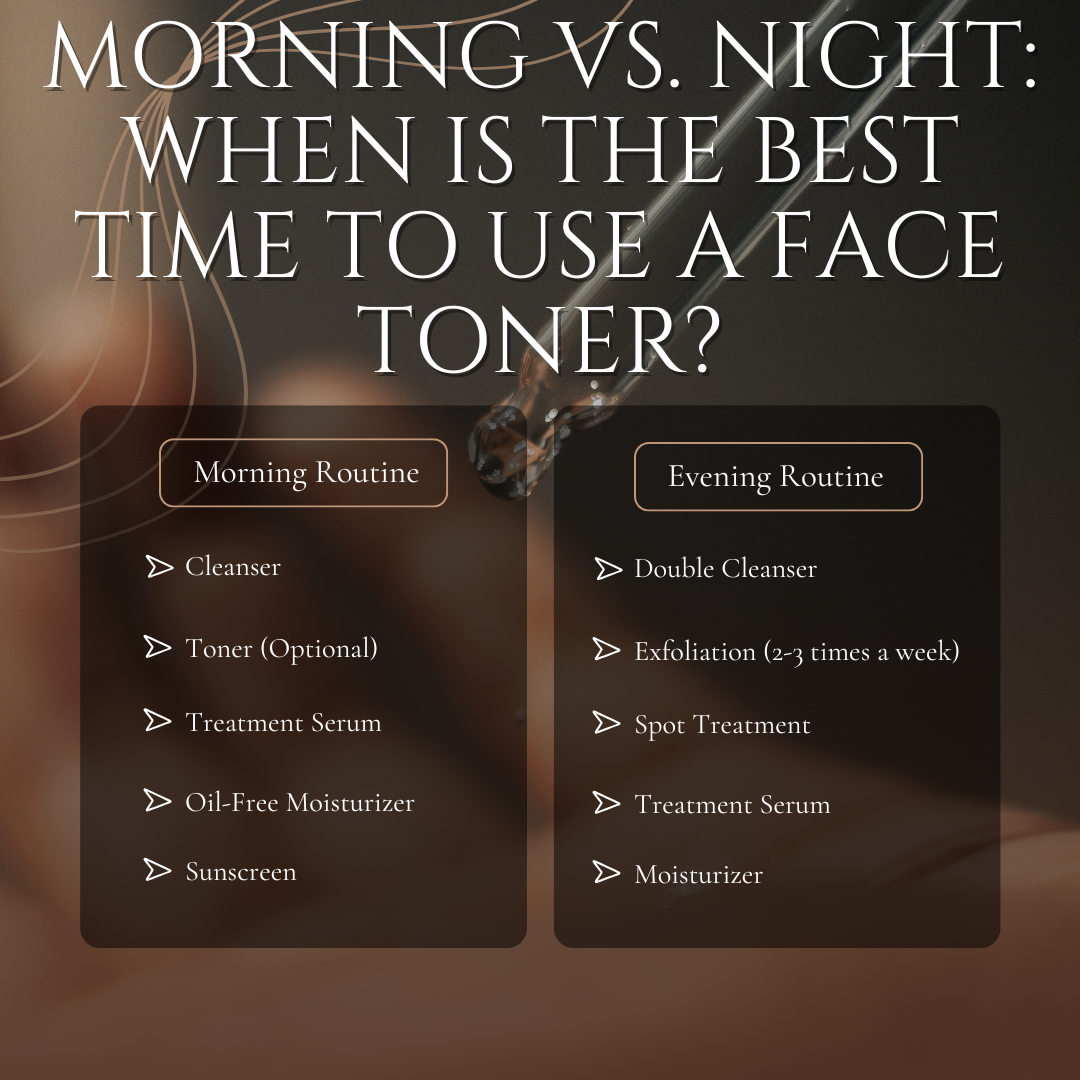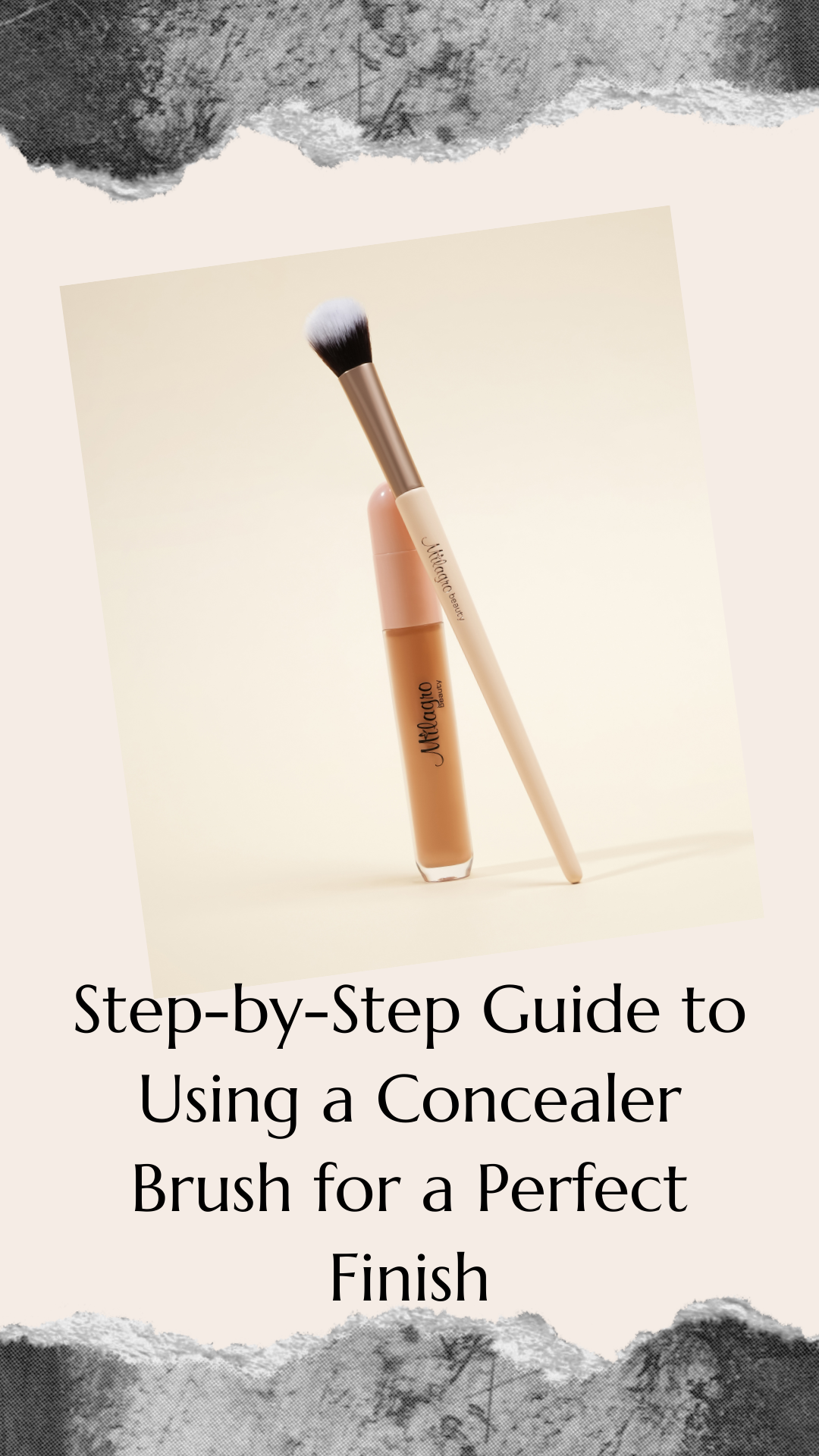 Newsletter Copywriting – Emails That Convert, Not Bore!
Newsletter Copywriting – Emails That Convert, Not Bore!
Common Mistakes to Avoid When Using Intimate Wash
Written by Milagro Beauty » Updated on: June 17th, 2025

Proper hygiene is essential for overall health; intimate hygiene is no exception. Many individuals use intimate wash products to ensure cleanliness and freshness. While these products can be beneficial when used correctly, improper usage can lead to discomfort, irritation, and even infections. This is to help you get the most out of your intimate wash and avoid potential issues.
Here are common mistakes to avoid:
1. Using Intimate Wash Too Frequently
While it’s crucial to maintain hygiene, overusing intimate wash can disrupt the natural pH balance of your intimate area. The vaginal pH, for example, is slightly acidic, ranging between 3.8 and 4.5. Overusing intimate wash can strip away natural oils and good bacteria, leading to dryness and increasing the risk of infections.
What to Do Instead:
Use an intimate wash only once daily unless instructed otherwise by a healthcare professional. On days when you are menstruating or sweating excessively, twice a day may be permissible, but avoid exceeding that.
2. Choosing the Wrong Product
Not all intimate wash products are created equal. Many over-the-counter options contain harsh chemicals, artificial fragrances, and other irritants that can do more harm than good.
How to Choose the Right Product:
- Look for products specifically designed for intimate hygiene.
- Check the ingredients list for natural and hypoallergenic components.
- Avoid products with alcohol, sulphates, or strong fragrances.
- Opt for pH-balanced formulations.
3. Using Intimate Wash Internally
One of the most common misconceptions is that intimate wash can be used inside the vagina. This practice can disrupt the natural flora and lead to conditions like bacterial vaginosis or yeast infections.
The Correct Usage:
Intimate wash is meant for external use only. Gently clean the outer areas and rinse thoroughly with water. The vagina has a self-cleaning mechanism that should not be interfered with.
4. Ignoring Allergic Reactions
Using a product that causes itching, redness, or swelling is a big mistake. These are clear signs of an allergic reaction or irritation.
What You Should Do:
- Discontinue the product immediately if you notice any adverse reactions.
- Consult a healthcare provider to identify the cause of the irritation.
- Conduct a patch test before trying a new product.
5. Not Rinsing Properly
Residue from intimate wash can irritate sensitive skin in the intimate area and contribute to an imbalance in the pH levels.
Proper Rinsing Tips:
- Use lukewarm water to rinse thoroughly.
- Ensure the product is included.
- Pat dry gently with a clean towel.
6. Using the Same Wash for Both Genders
Men and women have different pH levels in their intimate areas. A product formulated for women might not suit men, and vice versa.
Gender-Specific Recommendations:
- Women should use products designed to maintain vaginal pH.
- Men should opt for intimate washes tailored for male hygiene.
7. Believing Myths About Intimate Wash
Many people use intimate washing based on myths and misconceptions, such as believing it’s necessary to prevent infections or that it can substitute medical treatments.
The Truth:
- Intimate washing can help maintain hygiene but cannot cure infections.
- Always seek medical advice if you suspect an infection.
- Do not rely solely on intimate washing to maintain intimate health.
8. Using Intimate Wash After Hair Removal
The skin in your intimate area is particularly sensitive after shaving or waxing. Using an intimate wash immediately can cause stinging and irritation.
Post-Hair Removal Care:
- Wait at least 24 hours before using an intimate wash after hair removal.
- Use soothing, natural remedies like aloe vera if irritation occurs.
9. Storing the Product Incorrectly
Improper storage of intimate wash can lead to contamination. Bacteria or dirt entering the product can cause infections when used.
How to Store It:
- Keep the bottle tightly sealed.
- Store in a cool, dry place away from direct sunlight.
- Ensure the nozzle or cap stays clean.
10. Skipping Intimate Hygiene Altogether
While overusing intimate wash is a problem, neglecting hygiene can lead to unpleasant odours, infections, and discomfort.
A Balanced Approach:
- Wash with plain water daily and supplement with an intimate wash as needed.
- Consider changes in odour, discharge, or irritation, and consult a doctor if necessary.
11. Using Regular Soap or Body Wash
Regular soaps and body washes are not formulated for the delicate pH balance of the intimate area. They often contain harsh chemicals that can cause dryness and irritation.
Why Intimate Wash is Better:
- It is pH-balanced and designed for sensitive skin.
- It’s free from harsh detergents and fragrances that can disrupt natural flora.
12. Sharing Your Intimate Wash
Sharing personal hygiene products, including intimate wash, increases the risk of cross-contamination and infections.
Hygiene Tip:
- Keep your intimate hygiene products personal, and do not share them with anyone.
13. Using Expired Products
Expired intimate wash can lose its effectiveness and harbourer harmful bacteria.
Check the Expiry Date:
- Always verify the expiry date before use.
- Discard products that are past their shelf life.
14. Not Following Instructions on the Label
Every product comes with specific instructions for use. Ignoring these instructions can result in improper usage and reduce the product’s effectiveness.
Best Practices:
- Read and follow the instructions on the label carefully.
- Do not use more or less than the recommended amount.
15. Ignoring Underlying Health Issues
Sometimes, issues like unusual discharge, itching, or odour are signs of an underlying health condition, not due to poor hygiene.
Seek Medical Advice:
- Consult a gynecologist or healthcare provider if symptoms persist despite maintaining good hygiene.
- Avoid masking symptoms with excessive use of intimate wash.
Conclusion
When done correctly, using an intimate wash can enhance your hygiene routine. Avoiding these common mistakes ensures you get the maximum benefits while keeping your intimate health in check. Always prioritize gentle, pH-balanced prod products designed explicitly for intimate care. When in doubt, consult a healthcare professional for personalized advice. Remember, maintaining a healthy and balanced intimate hygiene routine is finding what works best for your body.
Note: IndiBlogHub features both user-submitted and editorial content. We do not verify third-party contributions. Read our Disclaimer and Privacy Policyfor details.
Copyright © 2019-2025 IndiBlogHub.com. All rights reserved. Hosted on DigitalOcean for fast, reliable performance.















